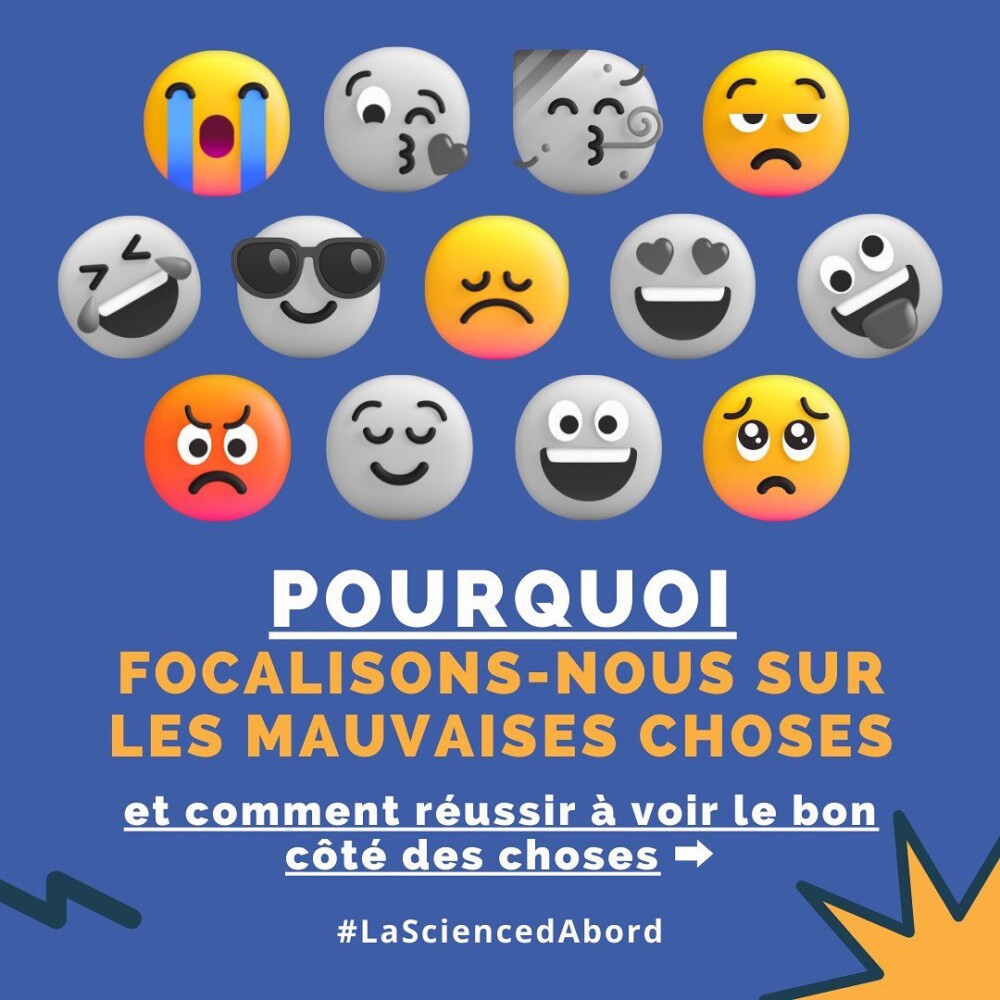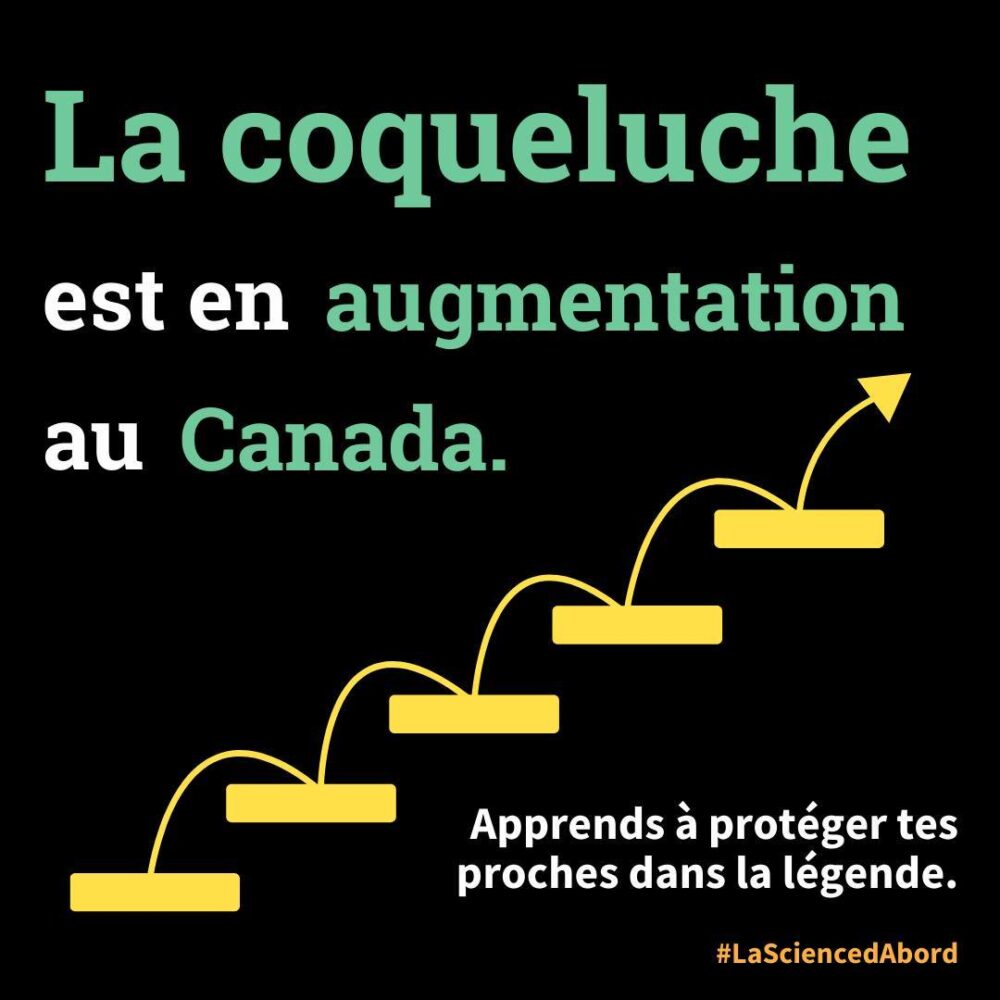À l’approche des fêtes de fin d’année, discuter de sujets polarisants avec ton entourage pourrait être éprouvant pour toi, surtout dans le contexte politique actuel. En général, les conversations peuvent très vite dégénérer et faire plus de dégâts qu’autre chose.
On comprend ton anxiété et on voulait te partager quelques conseils pour passer au travers de ces conversations difficiles.
N’oublie pas aussi qu’il existe des initiatives et des programmes qui visent à prévenir la radicalisation menant à la violence et à intervenir auprès des personnes et des groupes à risque. Consulte nos références pour en savoir plus !
Ressources
Initiatives et les programmes qui visent à prévenir la radicalisation menant à la violence et à intervenir auprès des personnes et des groupes à risque : Programmes de prévention et d’intervention
- L’écoute active | LaSciencedAbord | Janvier 2024
- Active Listening | StatPearls – NCBI Bookshelf | September 2023
- The Role of “Active Listening” in Informal Helping Conversations: Impact on Perceptions of Listener Helpfulness, Sensitivity, and Supportiveness and Discloser Emotional Improvement | Western Journal of Communication | January 2015
- Are We Losing the Art of Actively Listening to Our Patients? Connecting the Art of Active Listening with Emotionally Competent Behaviors | Open Journal of Nursing | June 2015
- Supportive Listening | International Journal of Listening | February 2011
- Conversational receptiveness: Improving engagement with opposing views | ScienceDirect | September 2020
- Catching rudeness is like catching a cold: The contagion effects of low-intensity negative behaviors | Journal of Applied Psychology | January 2016
- Scientific-Consensus Communication About Contested Science: A Preregistered Meta-Analysis | Psychological Science | February 2022
- Communicating the Scientific Consensus on Climate Change: Diverse Audiences and Effects Over Time | Environment and Behaviour | 2022
- Examining the Impact of Expert Voices: Communicating the Scientific Consensus on Genetically-modified Organisms | Environmental Communication | August 2018
- Science as a Vaccine The Relation between Scientific Literacy and Unwarranted Beliefs | Science and Education | January 2019
- (Mis)informed about what? What it means to be a science-literate citizen in a digital world | PNAS | October 2019
- La hiérarchie des preuves | LaSciencedAbord | Octobre 2021
- Hierarchy of Evidence – Evidence-Based Practice in Health | UC Library Guides at University of Canberra | Last updated July 2023
- Hierarchy of Evidence Within the Medical Literature | Hospital Pediatrics | August 2022
- The language of cooperation: shared intentionality drives variation in helping as a function of group membership | Proceedings of the Royal Society Biological Sciences | September 2017
- A Shared Intentionality Account of Uniquely Human Social Bonding | Perspectives on Psychological Science | October 2023
- Fake news game confers psychological resistance against online misinformation | Humanities and Social Sciences Communications | June 2019
- Long-term effectiveness of inoculation against misinformation: Three longitudinal experiments | Journal of Experimental Psychology. Applied | March 2021
- Inoculation theory in the post‐truth era: Extant findings and new frontiers for contested science, misinformation, and conspiracy theories | Social and Personality Psychology Compass | May 2021
- Les red flags de la désinformation | LaSciencedAbord | Octobre 2022
- Tactique de désinformation : Le trop-plein d’informations | LaSciencedAbord | Octobre 2023
- Tactique de désinformation : Semer le doute | LaSciencedAbord | Août 2021
- Tactique de désinformation : L’attaque Ad Hominem | LaSciencedAbord | Août 2022
- Tactique de désinformation : La fausse causalité | LaSciencedAbord | Janvier 2022
- Tactique de désinformation : L’invocation à la nature | LaSciencedAbord | Janvier 2022
- Tactique de désinformation : La fausse dichotomie | LaSciencedAbord | Décembre 2021
- Tactique de désinformation : La diversion | LaSciencedAbord | Décembre 2021
- Tactique de désinformation : La contrefaçon d’opinion | LaSciencedAbord | Décembre 2021
- How can we use the ‘science of stories’ to produce persuasive scientific stories? | Humanities and Social Sciences Communications | December 2017
- Narrative Persuasion and Storytelling as Climate Communication Strategies | Climate Science | August 2017
- Identifying Credible Sources of Health Information in Social Media: Principles and Attributes | National Academy of Medicine | July 2021
- “I Think This News Is Accurate”: Endorsing Accuracy Decreases the Sharing of Fake News and Increases the Sharing of Real News | Personality and Social Psychology | August 2022
- Accuracy prompts are a replicable and generalizable approach for reducing the spread of misinformation | Nature Communications | April 2022
- How to mitigate misinformation | PNAS | August 2023
- Critical thinking efficacy and transfer skills defend against ‘fake news’ at an international school in Finland | Journal of Research in International Education | April 2019
- How to talk to conspiracy theorists—and still be kind | MIT Technology Review | July 2020
- Programmes de prévention et d’intervention | Sécurité publique Canada | Modifié en Mars 2022
Voir notre Tweet original !
C'est jamais facile d’aborder des sujets polarisants avec son entourage sans que la situation s’envenime.
— LaSciencedAbord (@LaScienceDAbord) December 17, 2024
À l’approche de la fin d’année, on te donne des astuces pour t’aider à mieux appréhender les discussions difficiles.
Sources: https://t.co/e3DmIaNnIK#LaSciencedAbord pic.twitter.com/BISb14DxFQ
Voir notre post Instagram original !




